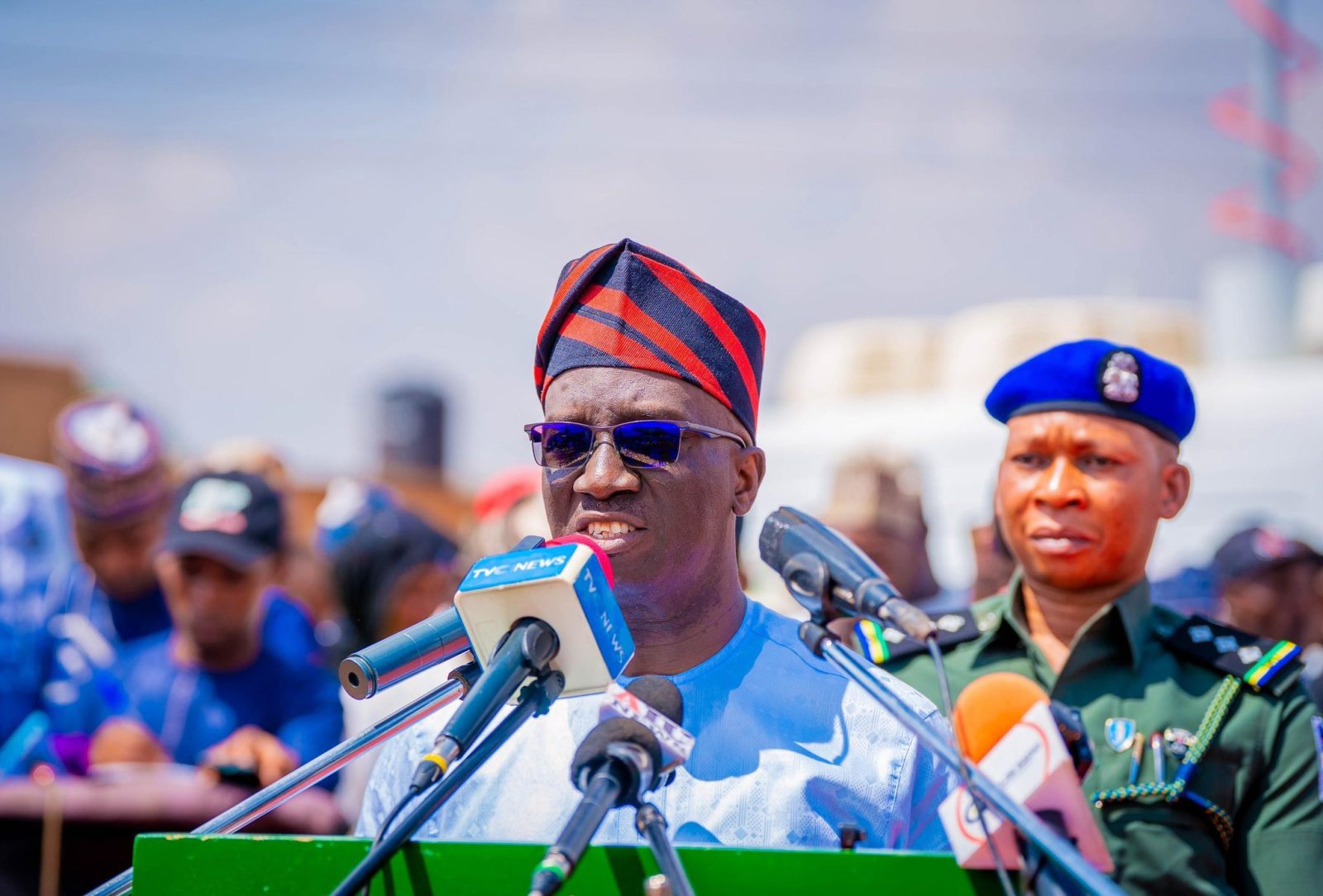In the not-too-distant future, President Bola Tinubu will inaugurate Nigeria`s largest lithium factory, capable of processing 4,000 metric tonnes of lithium per day, Vice President Kashim Shettima has said.
With the presidential mandate to diversify Africa’s largest economy from oil, Nigeria is now placing its bets on its mining industry. Nigeria wants to capitalize on the growing global lithium market.
The global lithium market size surpassed $8.8 billion in 2023 and is predicted to hit around $28.45 billion by 2033, growing at a CAGR of 12.50% from 2024 to 2033.
While declaring open a two-day roundtable on the sustainable development of Nigeria’s mining sector, Shettima said President Bola Tinubu would soon “inaugurate Nigeria`s largest lithium factory capable of processing 4,000 metric tonnes of lithium per day.”
He noted that the Minister of Solid Minerals Development, Dr. Dele Alake, performed a ground-breaking ceremony for the lithium factory in Nasarawa in 2023 to produce 18,000 metric tonnes of lithium per day.
Shettima said that more lithium sites were being discovered across the country.
Lithium is a soft, silvery-white alkali metal. It is the least dense solid element and is a critical solid mineral in the global energy transition.
It is currently mined in Nasarawa, Kogi, Kwara, Ekiti, and Cross River states.
The vice president commended Alake for the reforms he had brought to the solid minerals sector, particularly his plan to sanitise and reposition the sector to boost Nigeria’s economic profile.
He also commended the minister for making the sector public and private sector-driven, adding that the approach would open up the sector for opportunities and fast-track its development.
Gov. Abdullahi Sule of Nasarawa represented Shettima at the roundtable.
Speaking at the event, Alake said the ministry’s seven-point agenda was in line with President Tinubu’s commitment to diversify Nigeria’s economy.
He said that one of the ministry’s critical seven-point agenda items was the emphasis placed on local value addition through policies that promoted the processing of raw minerals because of the economic multiplier effects.
He thanked the National Institute for Policy and Strategic Studies (NIPSS) in Kuru, near Jos, for organising the summit.
According to Alake, the development of the solid minerals sector required collective responsibility by all stakeholders to make it a key contributor to the national economy.
He noted that the roundtable would enrich the analysis of the sector, and its recommendations would guide the executive arm of government in decision-making.























Leave a comment